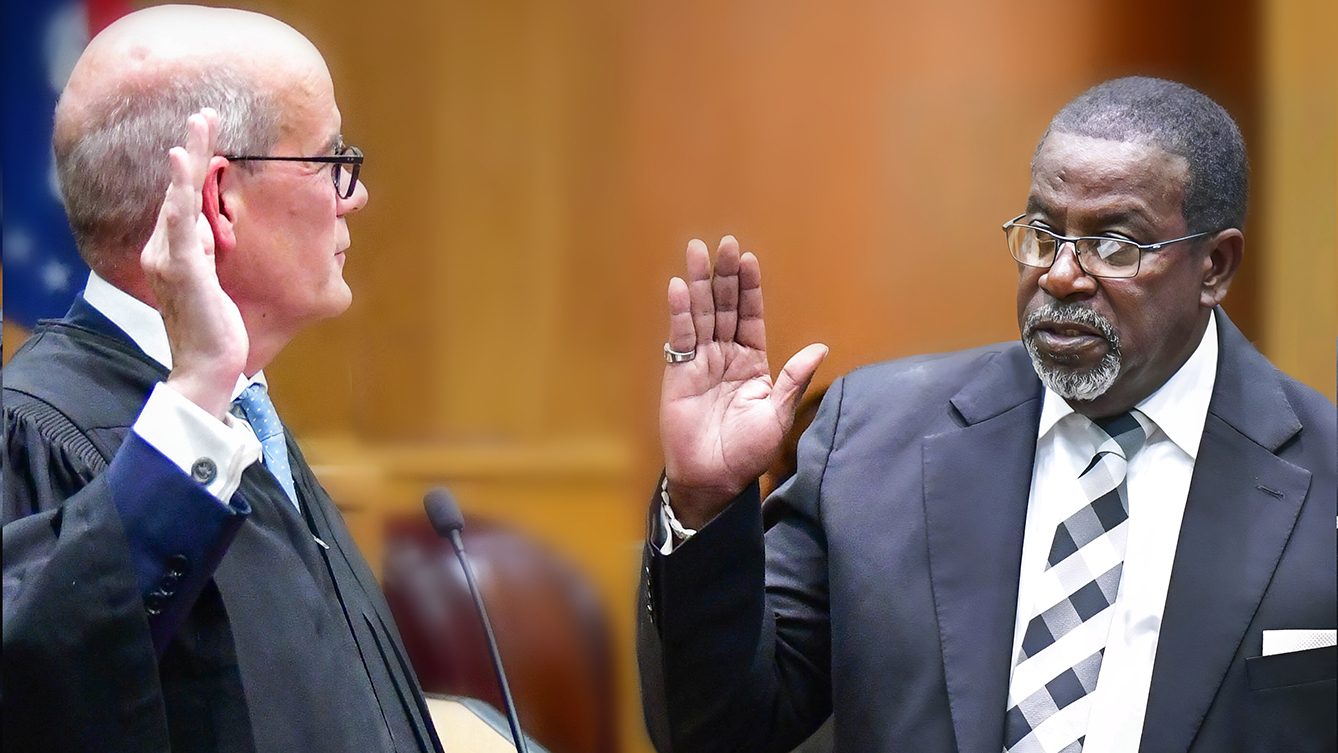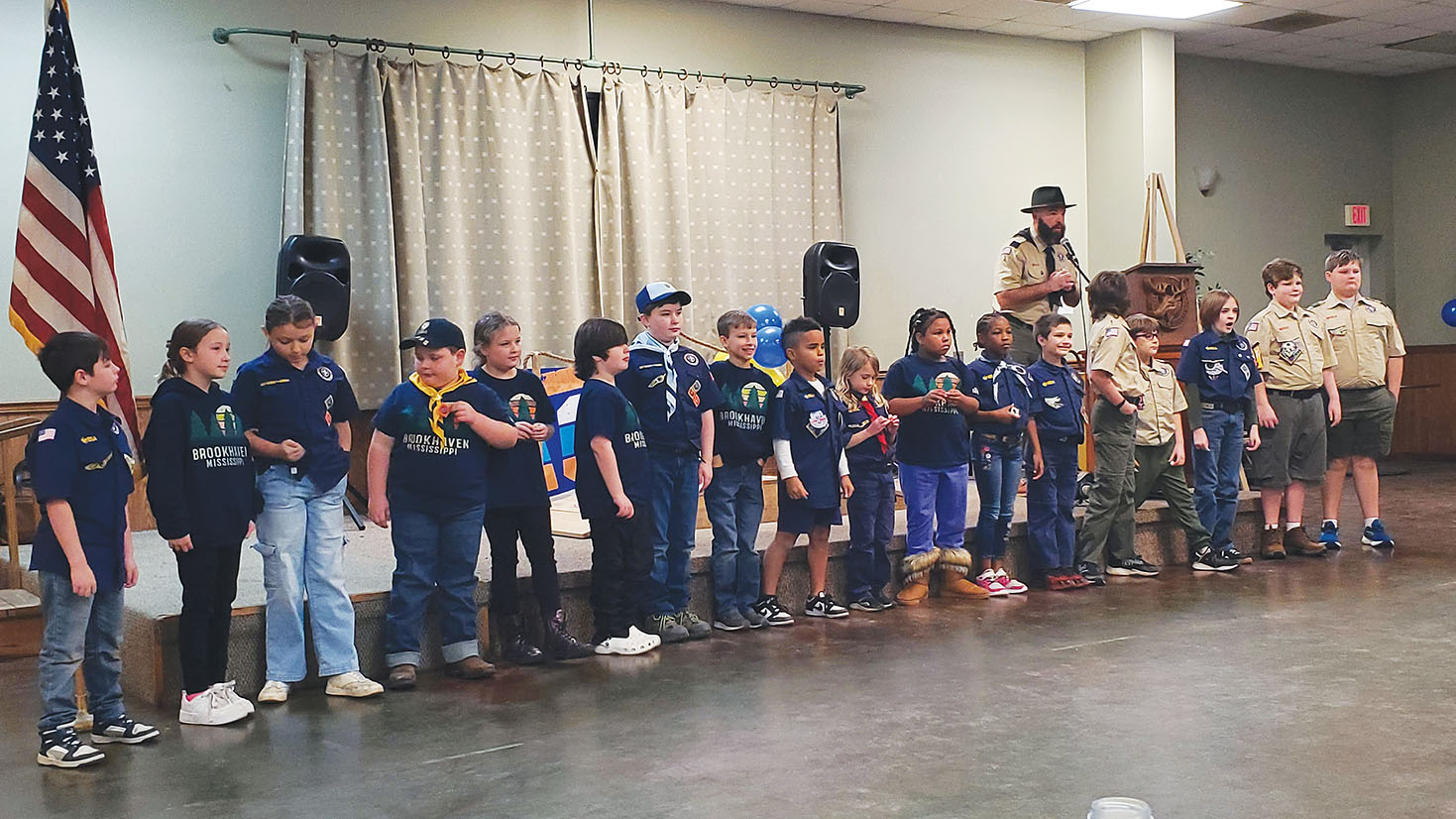Thatcher delights Millsaps audience
Published 5:00 am Thursday, September 21, 2000
JACKSON – Succeeding in a male-dominated world of politics wasapparently no problem for former British Prime Minister MargaretThatcher.
“I think they were more afraid of me than I was of them,”Thatcher said dryly while responding to a question Wednesday aftera speech at Millsaps College.
Thatcher’s answer brought laughter and a round of applause froman audience that included other female leaders such as former stateLieutenant Gov. Evelyn Gandy and current Lieutenant Gov. AmyTuck.
Tuck said Thatcher “tells it like it is.”
The lieutenant governor said she appreciated the former Britishleader’s brilliance and frankness on the topics discussed.Thatcher’s speech was part of the college’s Nova Series of lecturesby leaders in a variety of fields.
“It was very enlightening for all of us,” Tuck said.
Millsaps President Dr. Frances Lucas-Tauchar said Thatcher hashad a “profound impact on the world.” The president praisedThatcher’s educational accomplishments in the fields of chemistryand law, as well as her political achievements.
“Lady Thatcher is a sterling example of the liberal artseducation,” Lucas-Tauchar said in introducing the speaker.
During her speech, Thatcher touched on a variety of past andcurrent world political issues and on society issue battles stillbeing waged.
Calling him one of her heroes, Thatcher repeatedly praisedPresident “Ronnie” Reagan, her American counterpart during most ofher tenure as prime minister from 1979-1990. She said he had apassion for law-governed liberty and never faltered in hisbeliefs.
“During his presidency, he probably did more for the freedom ofthe world than anyone else,” Thatcher said.
Thatcher drew economic comparisons between prosperous Westernsocieties that have embraced democracy, individual rights and freeenterprise and those behind the former Iron Curtain that have notembraced freedoms or are struggling to do so.
“It’s not to do with the talents of the people,” Thatcher saidwhile talking about Russia and China. “It’s the kind of system inwhich they live and whether it encourages those talents.”
Thatcher called the situation in Russia sad as it faces adifficult time moving from a communist society to a free one. Shesaid the people lack training and despite the country’s resourcesand foreign assistance, the people are not moving out ofpoverty.
Thatcher also had some harsh words for Russian PresidentVladamir Putin.
“I look at a photo of Mr. Putin, trying to find a trace ofhumanity,” Thatcher said.
Thatcher said Putin’s slow response to the recent Russiansubmarine accident where 118 sailors died was very revealing.Western countries, Thatcher said, respond quickly to accidents andseek added help for people if needed, but the Russian responseseemed more concerned about the machine.
“They do not value human life the way we do,” Thatcher said.
Recalling several incidents of U.S.-British cooperation tocombat terrorism while in office, Thatcher called “rogue states”such as Iraq, Iran, Syria and Libya the biggest threats to freedomin the world today. Thatcher believes one of those threats wouldhave been lessened had Allied forces gone on into Baghdad to “sendoff” Saddam Hussein during the Persian Gulf War.
“Life would have been much easier for us and very much betterfor the whole of the Middle East had we done so,” Thatchersaid.
On more recent times, Thatcher said there is currently the rightrecipe to keep a successful economy going. But the most difficultproblem facing leaders today is family breakdown on a large scale,Thatcher said.
Thatcher cited statistics showing only 40 percent of U.S.children reach age 18 with parents still married.
Also, 20 million children belong to single parents, who receiveover $150 billion a year in federal and state assistance and theU.S. has the highest divorce rate in the world. And as familiesbreakdown, the crime rate increases, Thatcher said.
“What we’re finding is it’s easier to cure economics thanbehavioral problems,” Thatcher said.





